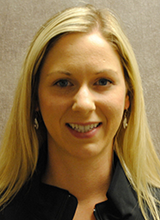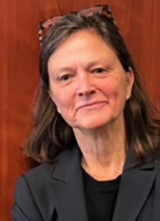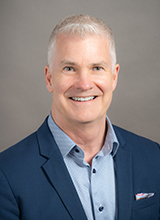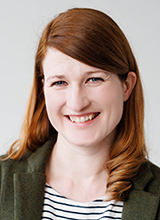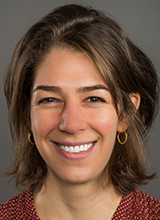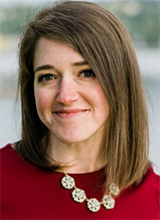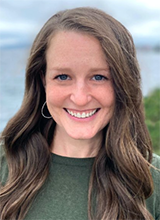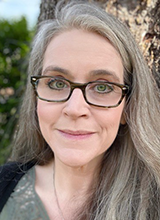Christina has been in the behavioral health field since 1993, primarily serving adults who live with severe mental health issues, substance use, experience chronic homelessness, suffer from poor physical health, trauma and any number of co-occurring issues.
Prior to joining UW in 2018, she spent 25 years working in and managing numerous clinical programs including: HIV/AIDS housing and health care, school-based mental health, substance use outreach and treatment, homeless mental health outreach, intensive case management, assertive community treatment, crisis respite, integrated care, housing first and other evidence-based practices. She has provided licensure supervision, training and consultation, and has worked on multi-disciplinary teams in a number of settings. She highly values her years of clinical direct service and program management experience.
She has also been involved with the UW School of Social Work since getting her MSW, working with dozens of graduate and undergraduate students, teaching courses and workshops, presenting on panels. She has served as a Practicum Instructor, the Interim Assistant Dean and Director of Field Education, and is currently is a Clinical Associate Professor teaching in the MSW program.
Starting in fall 2024, Christina became one of the Co-Directors of the Pacific West HUB for Mental Health Implementation Support (CMHIS), led by Stanford’s Center for Dissemination and Implementation (CDI). The CMHIS project builds the capacity to select and implement evidence-supported practices and programs, sharing pragmatic, accessible guidance.
Since 2023, she has served as Co-Chair for the PBSCI Department’s Equity, Diversity and Inclusion Staff Committee, also having been a member since it’s inception in 2021.
From 2018-2024, Christina was the Co-Director of the Northwest MHTTC, a SAMHSA-funded regional training & TA center. Christina co-directed the team and helped plan and oversee training for the mental health workforce in HHS Region 10 (AK/ID/OR/WA). Activities include live webinars, research/practice briefs, online self-paced courses, learning communities and intensive cohort-based training. Most of this training was conducted virtually in collaboration with numerous faculty, instructional designers and presenters.
She is grateful to all the staff and faculty who choose to work in this field, as it is their collective energy, passion, dedication and commitment to social justice that supports the people we serve and brings real change to our communities. Most importantly, she is honored to work with people who every day, live their experience and share their journey through advocacy as they strive for a world where behavioral health is adequately supported and everyone can thrive equitably.
